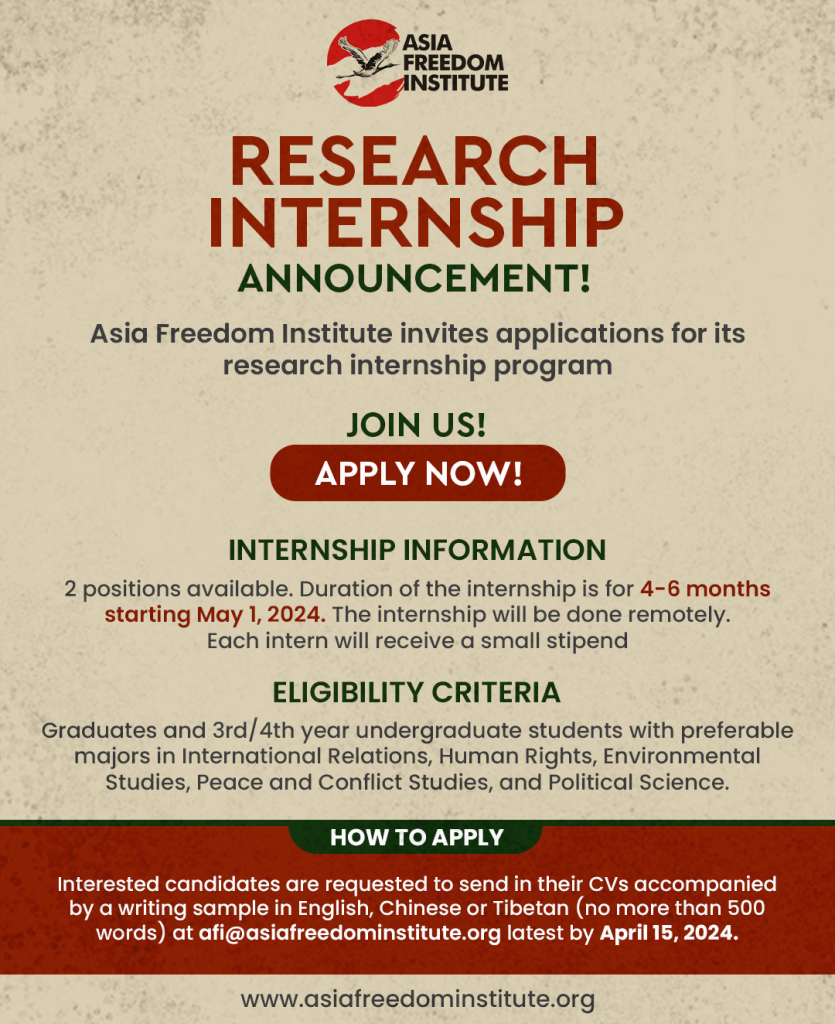The so-called “Two Sessions” commenced first with the annual meeting of the Chinese People’s Political Consultative Conference (CPPCC) on March 4, 2023 followed by the The National People’s Congress (NPC) meeting the following day. The NPC meeting is expected to continue for a couple of weeks.
The CPPCC is an advisory body of party delegates and scholars from the arts, business, and legal worlds. The NPC is a rubber stamp for the Chinese Communist Party (CCP). It currently has around 3000 members. The CCP controls nomination and election processes. Membership to the congress is part-time in nature and carries no pay. Standing Committee of the National People’s Congress (NPCSC) members, which consists of 175 legislators, are paid and serve full-time. The NPC is elected for a term of five years. It holds annual sessions every spring, usually lasting from 10 to 14 days. According to the New York Times, the NPC “is a carefully crafted pageant intended to convey the image of a transparent, responsive government.” Members don’t have any real power and delegates rubber-stamp decisions made in advance and behind closed doors by party leaders.
The current NPC session will formally endorse a third term for Xi Jinping. Li Qiang, the former CCP chief in Shanghai and Xi loyalist is poised to be confirmed as premier and the second-in-command. Another Xi confidant, He Lifeng, is expected to become vice premier overseeing the economic portfolio. The political appointments for the rest of the Politburo Standing Committee, the equivalent of Mr Xi’s cabinet, will be announced. The NPC will also appoint top government positions including vice president, NPC chair, vice premiers, state councilors, head of the Supreme Court and ministers.
The NPC is also expected to approve military spending and the government budget, and set the tone for economic policy in the year ahead. The New York Times reports that “China is bracing for a world more wary of Beijing’s ambitions” and that “Mr. Xi has declared that China’s success proved that modernization did not equal Westernization.”
News media and observers view the current NPC session as significant as delegates are expected to reshape several key Communist Party and state institutions. BBC says planned moves “will likely further blur the lines between the Chinese Communist Party and the government, and consolidate the party’s control of the private sector.” Many analysts expect the most important changes in the current NPC to center around boosting of the Communist Party’s control in Xi’s reorganization of state and Communist Party entities. Mingpao newspaper for instance speculated that under the organization overhaul, the ministries of public security and state security may be eliminated from the State Council – government – system and incorporated into the Communist Party’s newly created Central Internal Affairs Committee.


